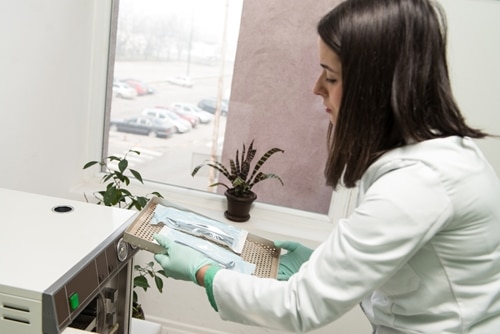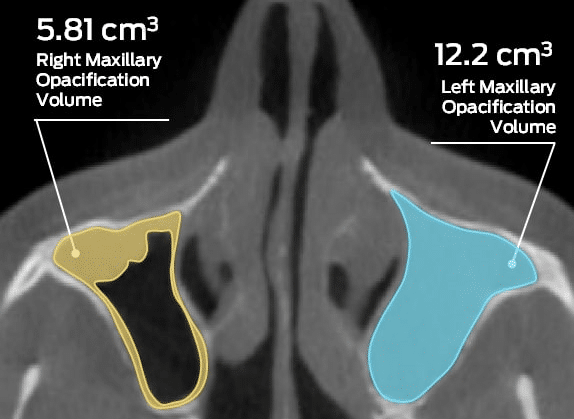The Food and Drug Administration recently came under scrutiny after several patients were infected with drug-resistant bacteria resulting from interactions with reprocessed duodenoscopes.
While the FDA did not elect to recall the device from the market, fearing an insufficient number of available duodenoscopes based on clinical demand, according to FDA.gov, the administration has announced new requirements from manufacturers as a result of the event.
Before the change, manufacturers were required to confirm with the FDA the accuracy and efficacy of their cleaning instructions. Now, for certain reusable devices, manufacturers will have to submit clinical data showing that the device can be cleaned reliably. However, not all medical experts and lawmakers, many of whom were largely critical of the FDA following the news of the infections breaking, are convinced that the action goes far enough to protect patients.
“I continue to be concerned about why these infections occurred in the first place and whether there is more we can do to prevent them from happening again,” Sen. Patty Murray told the L.A. Times.
To further address the issue, the Centers for Disease Control and Prevention have stepped in to help educate hospitals and medical staff on the best practices for preventing bacterial growth on duedenoscopes and other reusable devices.
Manufacturers of reusable devices should be aware of the changing requirements and how they might affect trial scope. The FDA also announced that they would be holding a two-day summit in May to discuss the potential for reducing infection risk in similar devices. The agency is currently requesting feedback from regulators, doctors and customers to further improve patient safety in this regard.
Latest Industry News
[Press Release] Driving Excellence in Cardiovascular Trials: Medical Metrics, Inc and Healthcare Inroads, LLC Deepen Collaboration
Medical Metrics, Inc. Announces Involvement in ReOpen CRS Clinical Trials




